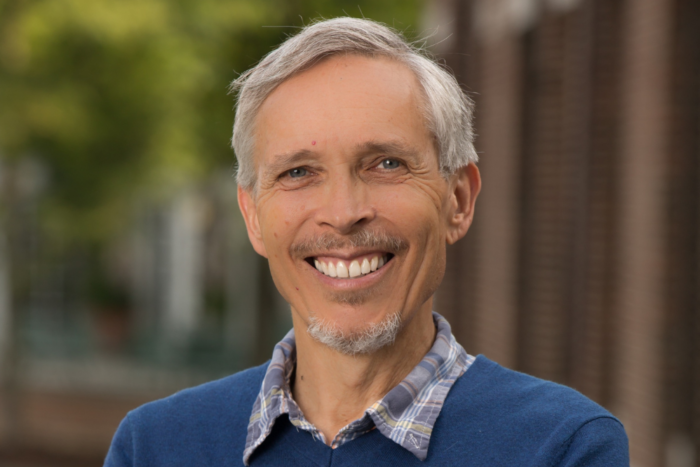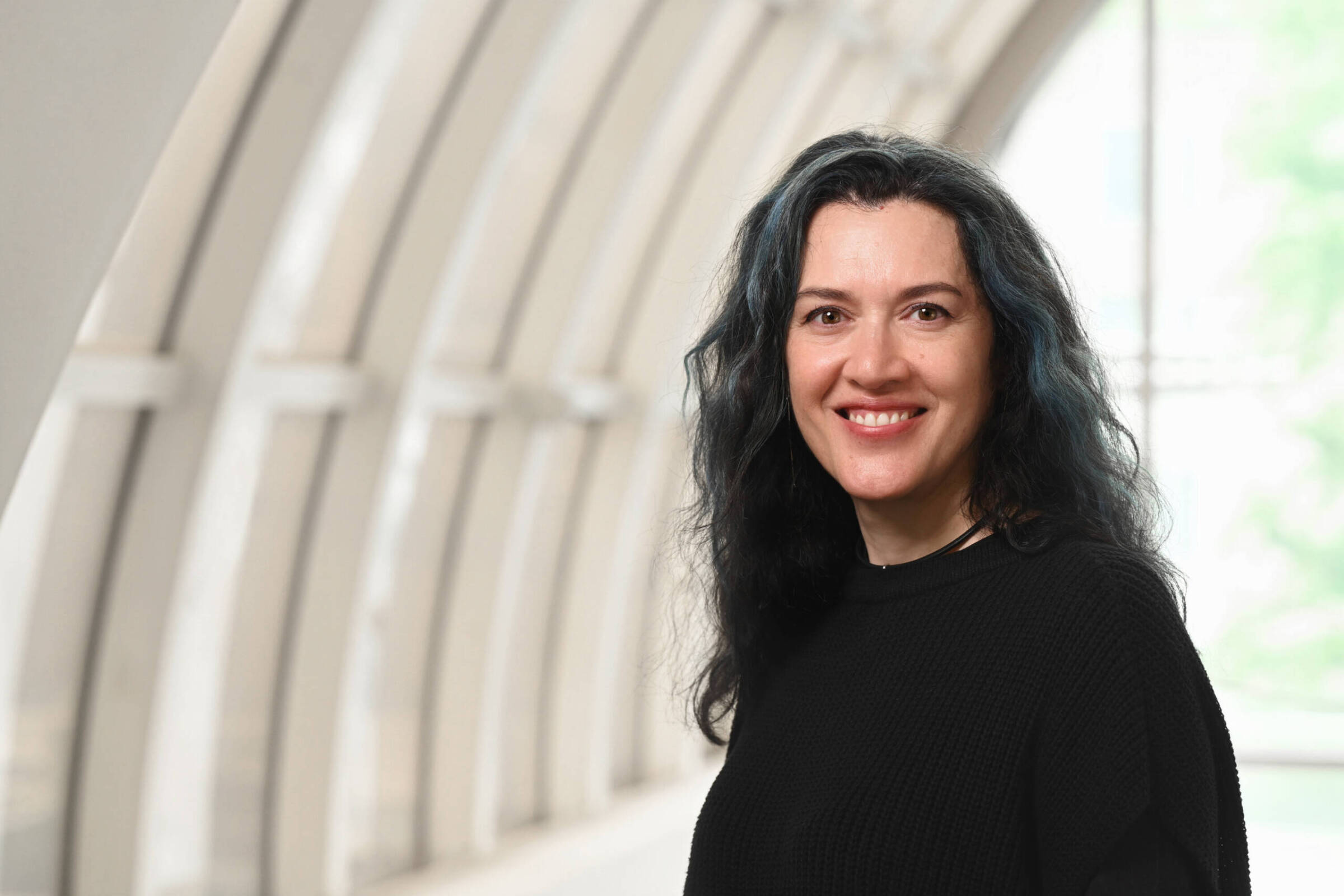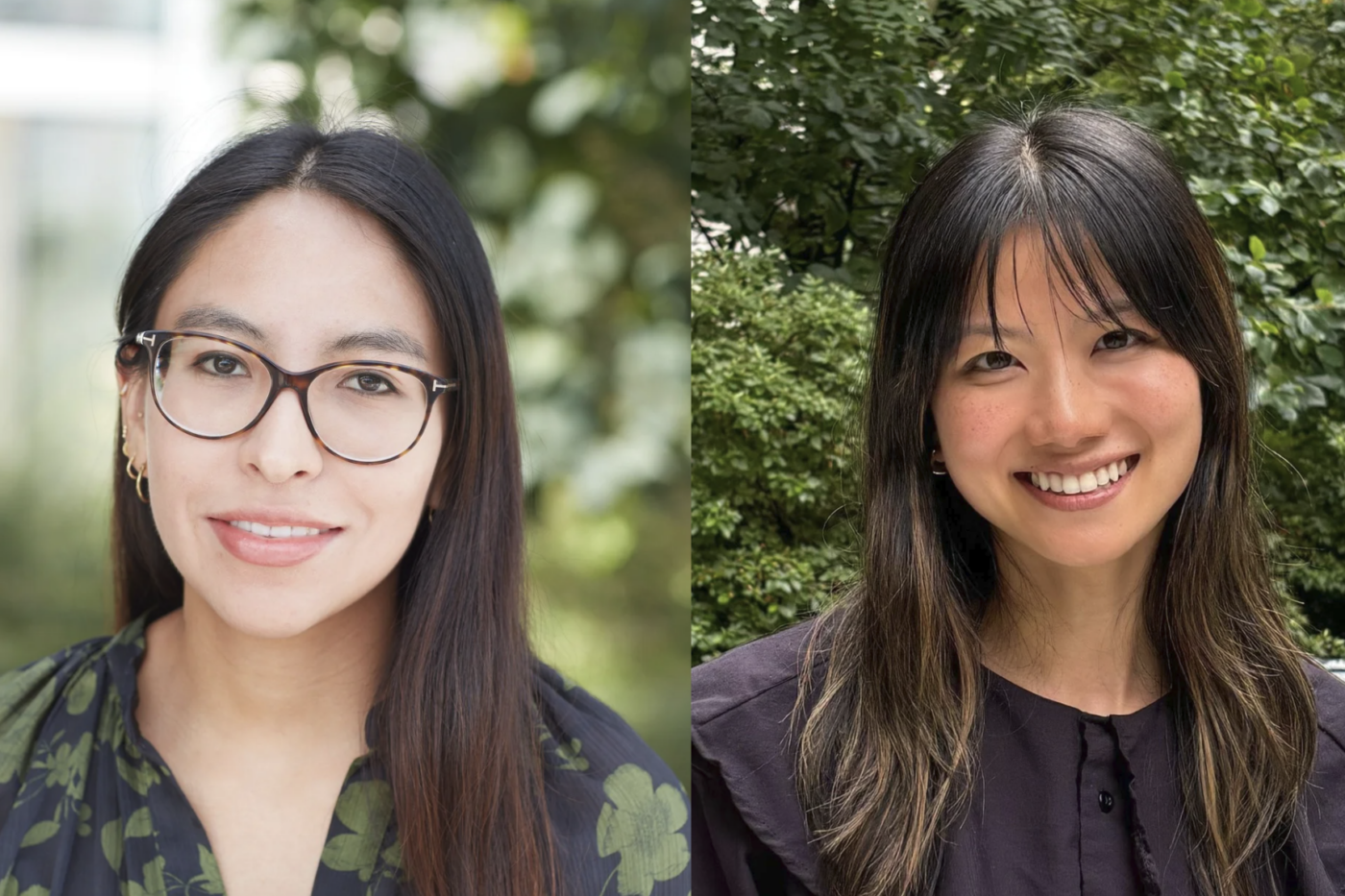Japanese Government Honors Rockefeller University Professor for Cancer Research
The Japanese government will present Japan’s Order of Culture to cancer researcher Hidesaburo Hanafusa, Ph.D., Leon Hess Professor at The Rockefeller University, in a ceremony at the Imperial Palace in Tokyo on Friday, Nov. 3.
Hanafusa is the only scientist of the five native Japanese receiving the annual, international prize known as the Bunka Kunsho, which honors individuals whose artistic or scientific achievements have contributed to world culture. The award is a medal embossed with a chrysanthemum, symbol of the Japanese royal family.
Hanafusa’s investigations focus on certain genes, called oncogenes, that can transform normal cells to cancerous ones. For his scientific achievements, Hanafusa previously received an Alfred P. Sloan, Jr. Prize for Outstanding Basic Science Contributions to Cancer Research, an Albert Lasker Basic Medical Research Award and the Japan Culture Merit Award. He is a foreign associate in the U.S. National Academy of Sciences and an honorary member of the Japanese Cancer Association.
“We congratulate Dr. Hanafusa on receiving this wonderful recognition, the Japanese Order of Culture, for his contributions to identifying oncogenes as well as determining their structure and function,” says Torsten N. Wiesel, M.D., president of Rockefeller. “We are all proud and pleased to have Dr. Hanafusa as a member of our faculty.”
Hanafusa’s studies in the 1970s provided data critical to confirming that oncogenes are present in all normal animal cells. Since then, investigators in many groups including Hanafusa’s have identified more than 40 oncogenes.
In his early work, Hanafusa noted that tumor-causing viruses stripped of all the genetic material needed to form tumors still induced cancer in animal cells. Hanafusa found the viruses reacquired the missing gene, an oncogene, from the cells’ normal genetic material. The experiments also demonstrated that the viruses used the oncogene to produce tumors. Specifically, the oncogene inappropriately stimulated normal cell genes to overproduce their protein products. In these experiments, Hanafusa used the Rous sarcoma virus, named for its discoverer Peyton Rous, M.D., a Rockefeller scientist and Nobel laureate.
Hanafusa’s current research focuses on the structure and function of oncogenes, the proteins they make and how these genes regulate other genes in a cell. Some oncogene proteins are enzymes that regulate basic cell functions. His group analyzes the biochemical properties of such enzymes and how they influence cell growth and metabolism.
Recently, one of these studies led to the discovery of particular protein domains, named SH2 and SH3, which play pivotal roles in protein interactions related to cell growth. Understanding the cell functions of oncogenes is key to elucidating the processes involved in cancer.
Hanafusa was born Dec. 1, 1929 in Nishinomiya, Japan. He received his bachelor of science degree in 1953 and a doctoral degree in biochemistry in 1960, both from Osaka University in Japan. As a research associate at Osaka University’s Research Institute for Microbial Diseases between 1958 and 1961, Hanafusa studied poxviruses. From 1961 to 1964, he researched RNA tumor viruses at the University of California, Berkeley, first as a postdoctoral fellow and then as an assistant research virologist. Also from 1962 to 1964, Hanafusa was a visiting scientist at the College de France in Paris.
From 1966 until 1973, Hanafusa served as chief of the Department of Viral Oncology at the Public Health Research Institute of the City of New York, of which he was first an associate member and then a member, and held a joint appointment as a research associate professor at New York University. He joined The Rockefeller University in 1973 as professor, becoming the Leon Hess Professor in 1986.
Hanafusa is a member of the American Society of Microbiology, the American Association for the Advancement of Science, American Association of Cancer Research, American Society for Virology, American Society of Biological Chemists, American Society for Cell Biology, the New York Academy of Sciences, the Protein Society and the Harvey Society. He is a member of the editorial boards of theJournal of Virology and Molecular Cellular Biology.
He is married to the former Teruko Inoue, a senior research associate at Rockefeller. They have a daughter, Kei, and live in New York City.
Other recipients of the Order of Culture are novelist Shusaku Endo, lacquer artist Tadashi Saji, law professor Shigemitsu Dando and Shiro Masuda, professor of western economy.


